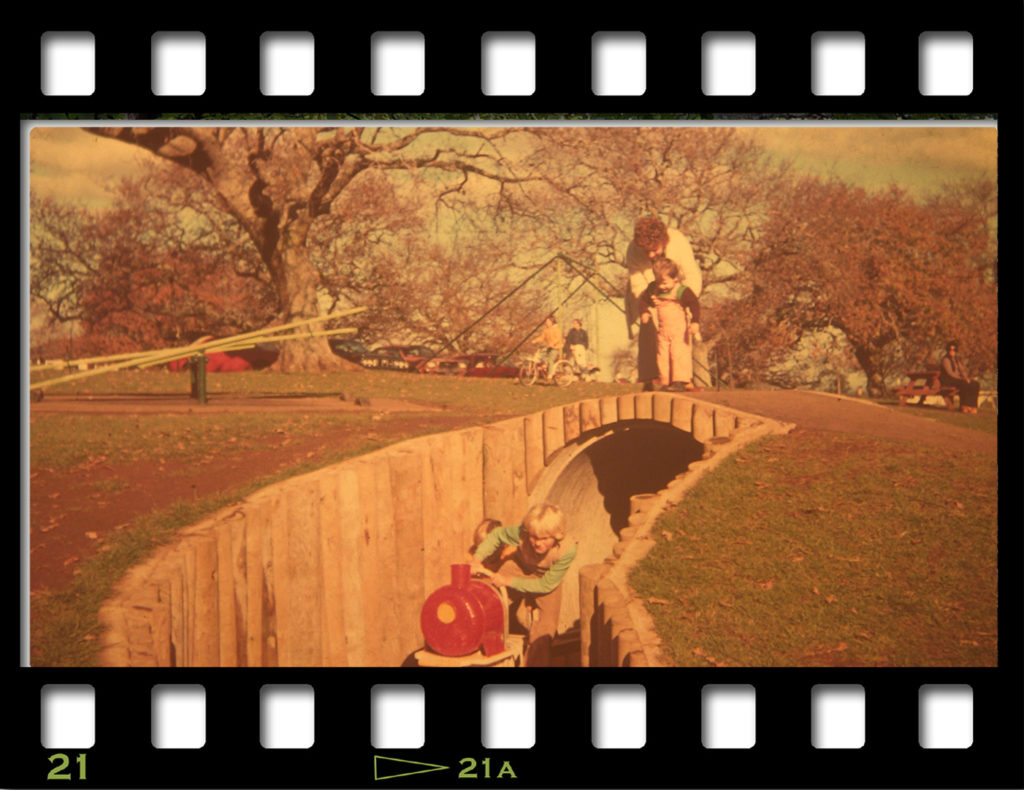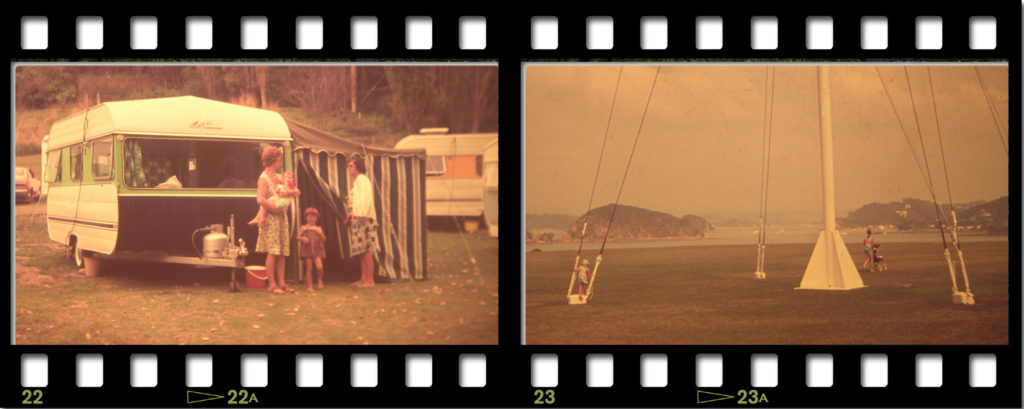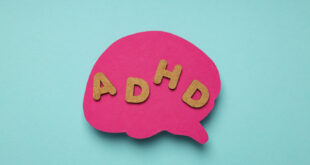When we suffer the loss of a parent we experience many overwhelming feelings. For some children they struggle to come to terms with their loss.
To begin to heal it is important to examine the type of relationship we had with our parents and what we are actually losing. This creates an opportunity to recall the positive traits and memories of our parents, as well as address the painful and complicated aspects.
The Parent/Child Relationship
No one can replace a parent, as this is usually the person we have known all our lives. In our early days we rely solely on our parents for our very survival and we learn how to be social beings through them. They show us how to live in the world and we learn about ourselves through our relationship with them.
Childhood
It’s a strange thing to stop being in the role of child and become an adult. When our parents are alive, no matter how old we are, an underlying scenario plays out. We are the child and our parents will always see us that way. When they are no longer there to mirror that back to us, we automatically become the adult in our world. We can lose our childhood, and we lose our history.
Especially when both parents have died, we no longer have someone to tell our stories to or hear their stories. We can no longer ask our parents about first steps or that funny thing that happened on our second birthday….

A Source of Love
Depending on the relationship we had with our parents, you could be loosing one of your sources of unconditional love. We have a belief that they accept us and forgive us when needed, even when we disappoint them or ourselves. That unconditional love helps us feel confident in the world, knowing they are there to support us.
Wisdom
When a parent dies, the wisdom that they could have passed down to us at various milestones, such as having a child, is lost. We face a future without their knowledge and their guidance.
Family System
The structure of our family system is dramatically altered. For example, if our mother or father was the family planner in the extended family, this may leave the griever left behind feeling isolated. The roles our parents played is significant in how we cope in the aftermath of their deaths. Maybe it was our father that the family came to for advice and guidance.
Buffer Against Our Own Death
We all assume that our parents will die before us, but the true understanding is not comprehended until it happens. If we have lost our grandparents and parents, we lose a buffer from the next generation. There are no longer any wise elders. We are confronted with our own mortality.
Relationship From Parent/Child To Friendship
As we age, our relationship can change from one of parent-to-child to one of friendship and mutual appreciation. When this happens it can be a rewarding experience. If we lost a parent as a teen, or young adult, our relationship may not have had the opportunity to develop to its full potential. This can leave us with a sense of loss and what could have been.

Integrating What We Lose When a Parent Dies
In order to integrate the loss, this review is necessary, as it allows for us to view our parents as people who were human. It’s important to examine the kind of values our parents taught us and understand the family messages we received and why. Overtime we can evaluate and come to terms with these losses and focus on treasuring the legacies, family traditions and happy memories.
Let Magnolia Productions help you capture your precious memories and family history using “Story of a Lifetime”. For your children, your grandchildren and future generations to cherish.
To find out more give Mark and Nicola a call on 09 622 1105, or send an email to mail@magnoliaproductions.co.nz, or check out their website at www.magnoliaproductions.co.nz .
Be into win a digital heirloom – your “Story of a Lifetime” memoirs recorded here by commenting at the bottom of the article.








Join the Discussion
Type out your comment here:
You must be logged in to post a comment.